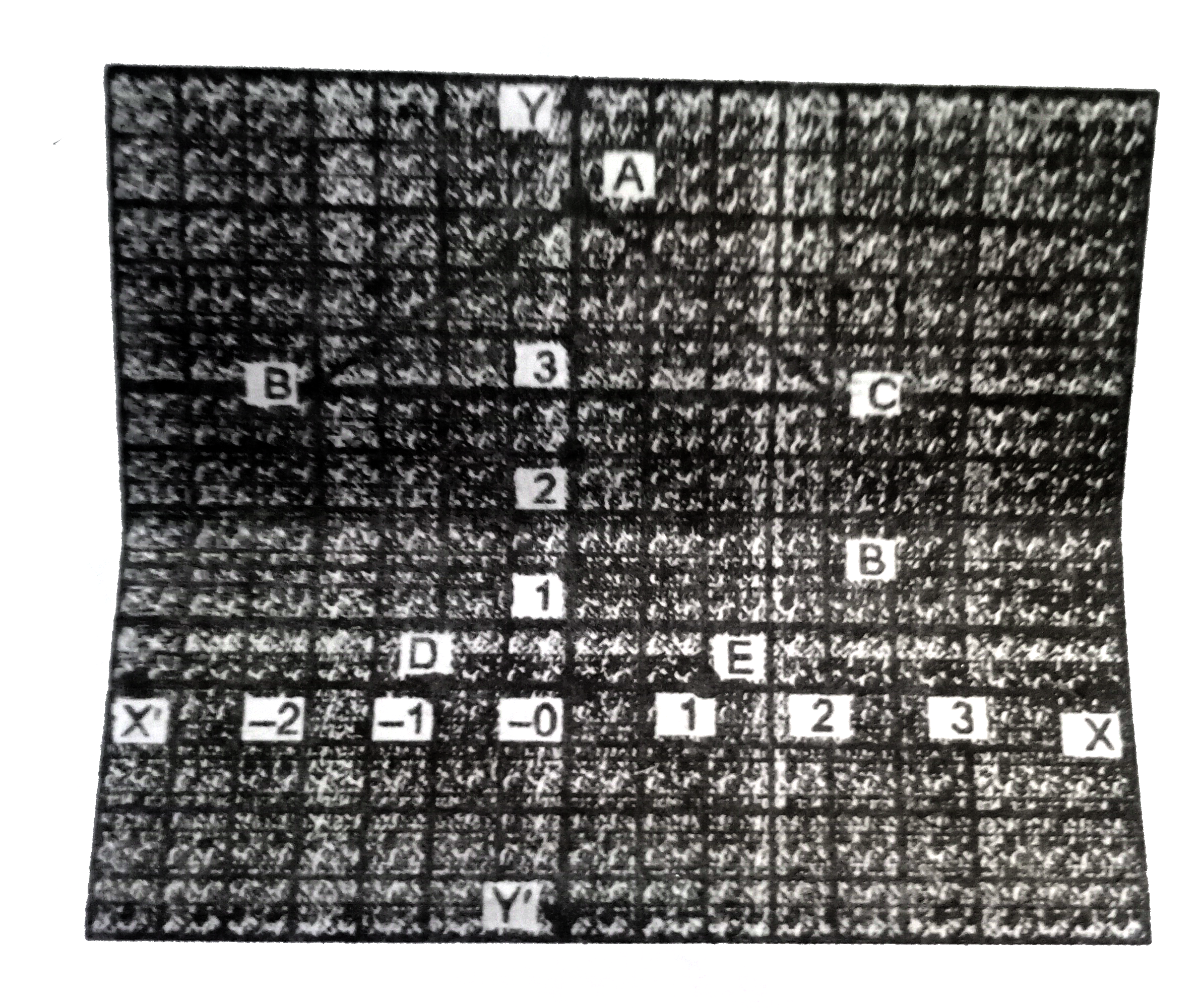b, c, f, g, j, k, ?
p
o
n
m
The correct Answer is:C
Similar Questions
दिये गए चित्र से बिदुंओं A,B,C,E,F,G,H,I,J,K के निर्देशांक ज्ञात करें ।
(i)
View SolutionIf a = I + j - k, b = I - j + k, c = I - j - k then a×(b×c) =
View SolutionIf a = I + j + k, b = I + j - k, c = I - j + k, d = I - j - k then (a×b).(c×d) =
View SolutionIf a=I+j,b=j+kandc=k+i, a unit vector parallel to a+b+c is
View Solutionf(x) = 1 - h(x), g(x) = 1 - k(x), h(x) = f(x) + 1
f(x) = g(x) + 1, k(x) = j(x) + 1
h(f(k(x)))+j(g(h(x)))+k(j(f(x)))f(x)+j(x)+k(x)[f(x).j(x)k(x)] is equal to :
View SolutionIf a=3i+2j+k,b=5i−j+2k and c=i+j+k, find [a b c]
View SolutionWhich of the following is not correct? (a)|A|=∣∣AT∣∣ , where A=[aij]3×3 (b) |kA|=k3|A| , where A=[aij]3×3 (c) If A is a skew-symmetric matrix of odd order, then |A|=0 (d) ∣∣∣a+bc+de+fg+h∣∣∣=∣∣∣aceg∣∣∣+∣∣∣bdfh∣∣∣
View SolutionLet f(x) and g(x) be differentiable functions in (a,b) continuous in [a,b] and g(x) cancel(=) 0 in [a,b] for atleast one c∈(a,b) such that g(a)f(b)−f(a)g(b)g(c)f'(c)−f(c)g'(c)=kg(a)g(b)g(c)2 then k =
View Solution

